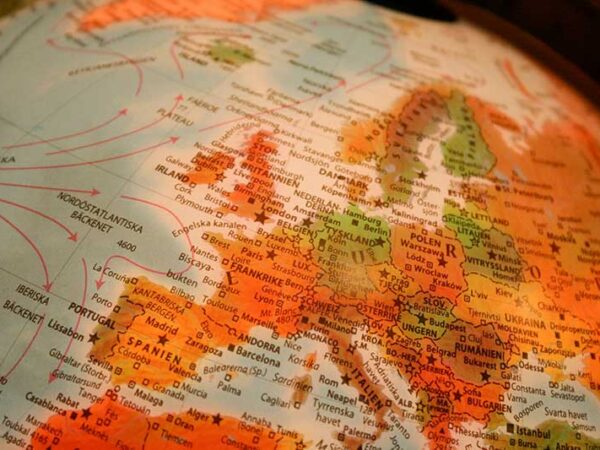At the end of 2022, the European Travel Information and Authorization System (ETIAS) will take effect, requiring visitors from over 60 nations to acquire a visa waiver before they can visit countries in the Schengen Zone.
The Schengen Zone covers a large part of the European Union (EU), as well as all four countries within the European Free Trade Association (EFTA). However, there are a few exceptions to the rule and the Republic of Ireland is one of the most complicated.
It is part of the EU but it is not included in the Schengen Area, and that could create some complications for travelers.
Why Didn’t Ireland Sign the Schengen Agreement?
The Schengen Agreement was a game-changer for many European countries. It meant that they abolished their internal borders and operated under one law, allowing travelers and residents to move freely.
It was signed by most countries in the European Union (EU) and it is expected that the remaining nations will sign it eventually. However, Ireland is the exception to that rule and has made it abundantly clear that it will not sign the Schengen Agreement.
As an island, the Republic of Ireland wants to control its own borders and ensure that it has the final say on immigration. Furthermore, Ireland is bordered by Northern Ireland, which is part of the United Kingdom and is not in the European Union. The Schengen Agreement was considered to be too much of a risk by the Irish authorities and so they didn’t sign on the dotted line.
Will Ireland Join the Schengen Area?
It is unlikely that Ireland will ever be part of the Schengen Area. However, Irish citizens still have a lot of freedom if they wish to travel to the European Union.
Can I Visit Ireland with a Schengen Visa?
A Schengen Visa covers you for longer stays within the Schengen Area and can be used to study and work in the region. However, it is not valid in Ireland.
Can I Visit Ireland with an ETIAS?
You can use an ETIAS visa waiver to travel across most countries in the Schengen Area, but that doesn’t apply to the Republic of Ireland or Northern Ireland. The former is in the EU; the latter is not. Neither are part of the Schengen Area.
The Schengen Information System (SIS)
Ireland was connected to the Schengen Information System (SIS) in March of 2021, giving it access to one of the largest security networks in Europe.
It means that Ireland will share important information with the Schengen Area and can also tap into information designed to detect and prevent serious crimes, including human trafficking, drug smuggling, and terrorism. It means that while Ireland is not part of the Schengen Area, it does have access to the databases that ensure its member states remain protected.




